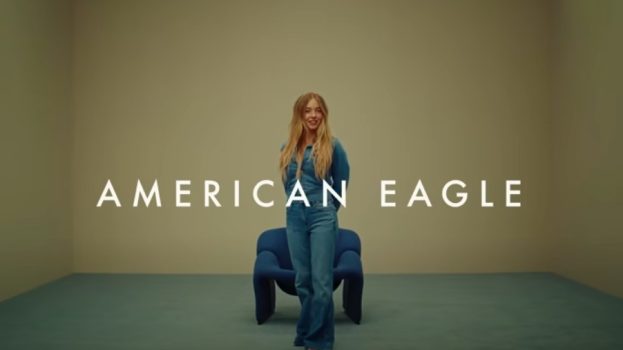When 9/11 happened, every special-interest pub from High Times to Pizza Today tied its coverage back to the headlines and that resulted in articles that stretched both credibility and taste.
As I write this, George W is all but confirming that there will be a war with Iraq, and it’s the same thing all over again: It seems both ridiculous to pretend that such a significant event isn’t happening, and ridiculous to write about relatively trivial side-effects, such as how ad spend and creative will be impacted.
This feeling of awkwardness seems endemic among Canadians, as we find ourselves in the odd position of onlookers rather than participants. We have this weird combination of knowing that our everyday lives will no doubt continue as normal, while being caught up in reports of events that could affect global stability for years to come. And for many of us, continuing with our everyday lives means worrying about preemptions on TV and whether Pepsi wants its ads to appear amid war coverage.
Strangely, in the U.S., where they’re in the thick of it, this sense of unease doesn’t seem to be as much of an issue. Folks like WB entertainment president Jordan Levin are comfortable noting in Variety that the outbreak of war came at ‘a convenient time’ – midway between the February and May sweeps – and Oscar organizers are comfortable with the idea of running streaming news briefs below the glitterati’s acceptance speeches.
Some people may squirm at the ‘inappropriateness’ of all this, but it’s hard to say what is or isn’t appropriate. Certainly it’s a topic of much discussion as advertisers review their spots wondering if they will seem flippant or tactless appearing within news of death and destruction.
The cruel irony is that the understandable reluctance marketers have for airing skin cleanser spots during unsettling news coverage ends up punishing Canada’s news machine just when we need it the most. Just when our newspapers, newsnets, broadcast news shows and magazines become important, just when everyone tunes in, the advertisers leave the room.
Asking marketers to air their spots as a show of altruistic support for Canada’s newsmedia is naïve, but at the same time, the decision to pull advertising due to war coverage should be an informed one, rather than a knee-jerk reaction.
Perhaps viewers wouldn’t understand that advertisers which stick with broadcasters during war coverage are helping to pay for that coverage, but at the same time, I don’t know of any studies indicating that viewers would necessarily be turned off in droves by the right messages for the right products either. Besides, there is more at stake here than money: given the increased costs and threat of diminished revenue, if broadcasters and newspapers made their war coverage decisions based purely on financial factors, they wouldn’t cover the war at all.
Certainly it’s an issue few advertisers want to tackle head-on in their advertising content, although there are a few notable exceptions, such as an AT&T ad that kicked off last week in the U.S. flashing provocative phrases, including ‘War?’ at viewers before ending with the tag ‘Talk is Good.’
But perhaps in the end, sidestepping the issue is the right strategy. Canadians have indicated that they don’t want to be part of a non-UN-sanctioned war, and Chretien’s announcement that we won’t take part seems to have been met with relief. That decision means that we won’t be impacted as directly by the war, either by suffering Canadian casualties or by the decline in media spend forecast for both the U.S. and the U.K.
Chretien’s stance is a minor show of independence, and our country should reap the rewards of deciding not to take part in a war that doesn’t seem to be in our best interests – in whatever form they take.
Duncan Hood
Editor























